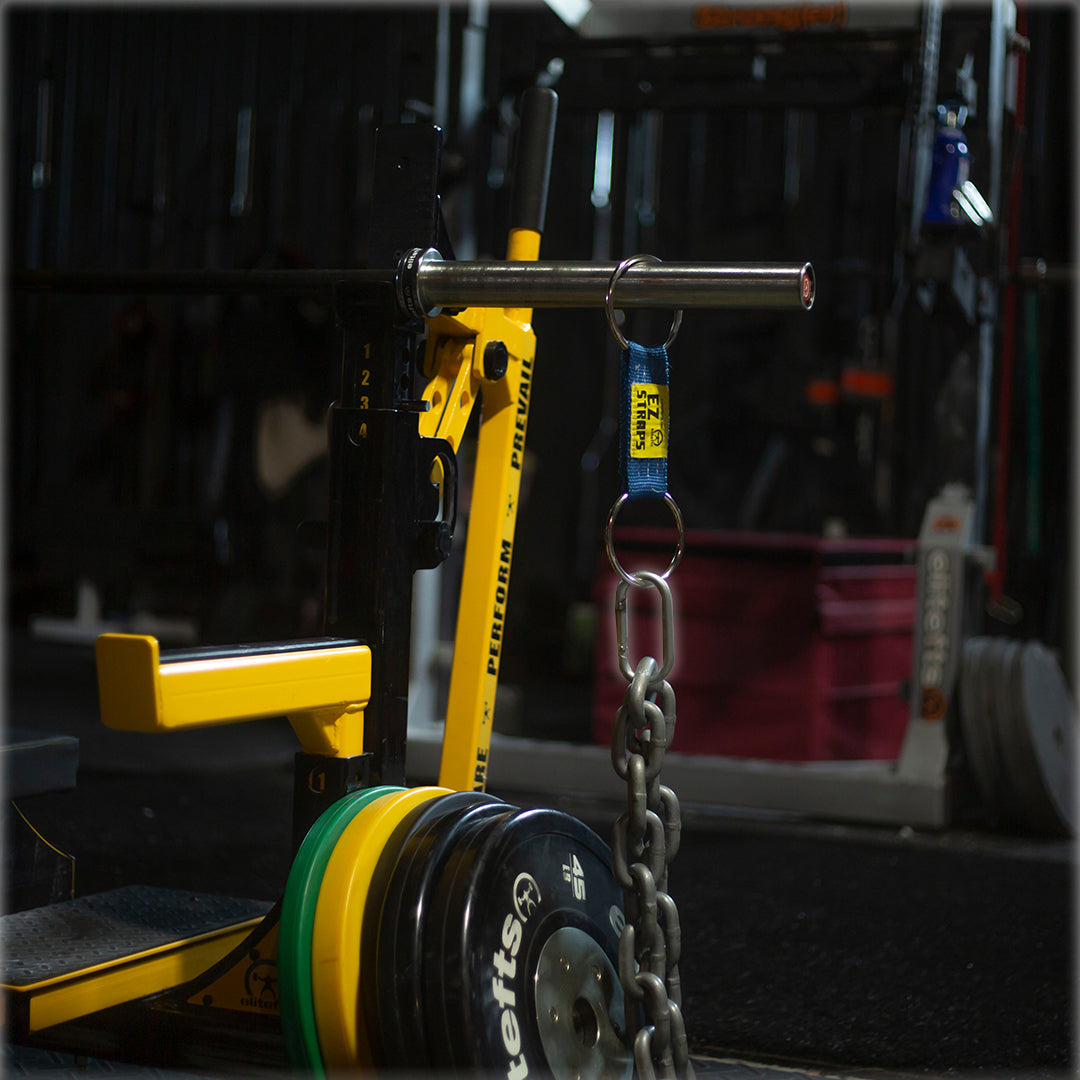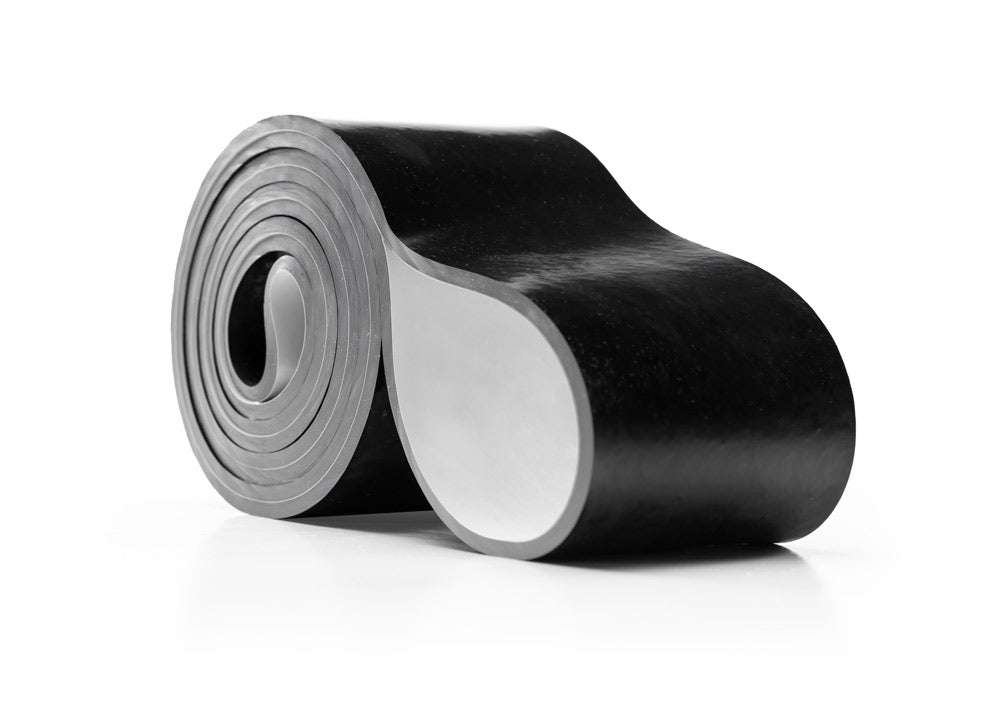Personal Training 102
It's always been helpful for me to get input and advice from others on ideas that I've had. It not only lets me know whether my ideas are good or bad, but it helps me expand on those ideas. Some people might avoid getting input from their peers, but they might just be avoiding someone pointing out their flaws. If you're afraid of being judged or told that you’re wrong, you might want to consider a different career path. If you're afraid to admit when you're wrong, you definitely need to change careers now.In my article “Personal Training 101,” I presented advice that has helped me a great deal along the way. Some people disagreed with what I wrote, which really wasn't any surprise. I’m appreciative of these people though. Their comments made me think more about what I could do to be better at my job and, more importantly, about what I wasn’t doing. This article is a continuation to help out people who want to get started but are unsure of what steps to take. Anyone who thinks he is the absolute best is absolutely ignorant. Be confident in yourself and the value of your service, but also be a sponge and soak up as many different ideas as you can from different people.
Insurance
I believe this might be one of those areas that trainers never get around to checking off the "to do" list. Personal training insurance isn’t super expensive, but it's a necessity. Even with my bodybuilding organization, the Ohio Natural Bodybuilding Federation (ONBF), I have to carry insurance if any competitor or spectator were to get injured. At Total Athletic Development, we often have weeks where we will train 200 athletes or more every week. To not have insurance with those kind of numbers is playing with fire. Additionally, think about the training that athletes go through. Running, jumping, cutting, and strength training all have a certain risk of injury. If you're a trainer who uses the local school football field on Saturday mornings, you'd better make sure you have a contract with the school that covers the school and you from any liability. Also, if you don't have the school’s permission to use their facilities, what is stopping them from kicking you out in the middle of one your sessions? If you don’t want to pay for insurance, that's fine. But that just shows what kind of business you run and how much you care about your clients.Organization
Another lesson that is crucial to your business is organization. This has been the hardest one for me since starting, but with time and experience, it has greatly improved. This means organizing several things within your life. I always start by organizing my work space at my house. If your desk is cluttered with junk, so is your mind. Keep this one area clean and you will notice greater production. Make sure your clients are organized. Thankfully, we live in a time where our cell phones will tell us everything we need to do at every hour of the day. I keep my schedule in three different places. I keep the email of my schedule that I get every four weeks on my cell phone. I then go home and write that schedule in my day planner, which mainly stays at my desk at home. I then make a daily schedule on my phone’s memo pad. This schedule includes my meals, training, clients, personal time, and anything else. As the trainer, nothing would look worse than if you booked two clients at the same time when they're both supposed to have private sessions.Remember, in personal training, you are a business. This means you also need to keep track of all the expenses you accumulate throughout the year. Clothes, food, professional development, and travel expenses all count toward you and your business. Organize all your receipts into different categories by month and you will be a lot happier by the time tax season rolls around. With this being said, don't turn into a greedy pig. The IRS will eventually call you out on trying to write off those weekends at the bar. When this happens, you will realize that it isn't worth it to cheat the system.
K.I.S.S.
I picked this up from Dan John in his book, From the Ground Up. Keep it simple stupid. I've seen many personal trainers who really try to get too fancy when they're training their clients. I’m sure by now people have realized that the same movements have gotten people big and strong for years. With that being said, why do you need to try implementing these crazy routines and exercises with your clients? Take about a month to assess new clients using body weight, broomstick movements, and light band exercises. If time is an issue, maybe spend a week on these movements. Chin-ups, squats, push-ups, and glute ham raises are all movements that should be staples in your programming. Right now, I have a client who is close to 70 years old. Every week we do triple extension movements, deadlifts, squats, bench presses, and overhead presses. We also condition every day at the end of our session. With this, we have increased his strength, flexibility, and work capacity. I do realize that he's exceptional for his age, but if he can do it at his age, why can’t other clients? Make sure every one of your clients is doing these movements for success.- Warm up
- Triple extension movement (
medicine ball,
dumbbell snatch,
kettlebell swings) - Main movement (squat, bench, overhead press, deadlift)
- Conditioning
Persistence
This might sound cliché, but to survive in the fitness world, you need to work harder than everyone around you. Spend time reading books on training, business, and leadership. Take time to develop new relationships with people in the industry who are already where you want to be. Gather ideas from these people and see if they can benefit your training or your business. Don’t be afraid to try something you learn from someone else. If it doesn’t work, it isn't a failure. In fact, I believe that there is much more to learn from failure than success.Personal training has one of the highest job turnover rates of any profession. This is partly due to the fact that it isn't easy to begin. Just because you have fancy business cards with your name on them doesn’t mean you will have clients begging you to train them. With time, your client base will come, and if you give them results, they will tell their friends, which is the cheapest and best advertising you could ever want. If you can build quality relationships and have steady clients, you can weather the storm of the hard times and make it through the first year, which isn't by any means an easy year.
Live, Learn and Pass On
I got this from elitefts.com. No one in the fitness industry got to where he is on his own. If someone tells you that he did, he's a liar and you should probably quit talking to him right now. Every day is an opportunity to learn from someone. Learn from as many people as you can. Email or call anyone you can to see if they would be willing to share some of their knowledge with you. Be sure to show your appreciation by sending a thank you card or buying a product if it applies to that person.Another great way to learn is to volunteer at a college or at a gym. You will not only obtain a great deal of knowledge, but you will also be able to network with people you might not have met otherwise. The strength and fitness community has been built upon this for decades and will be the driving force for future generations to learn and progress. If you see someone in your local gym struggling with something or he never seems to make progress, try helping him instead of laughing at how he trains. Those 15 minutes you might spend could change that person’s whole outlook on training.
This profession might be hard to get started, but that shouldn’t discourage you from trying. If your passion is to help people, don’t let anything stop you. Quit making excuses as to why you can’t be the person who is happy with his career. Have confidence in yourself and your abilities and go for it. Don’t be afraid to pursue your dreams because of the unknown outcome.








































































































